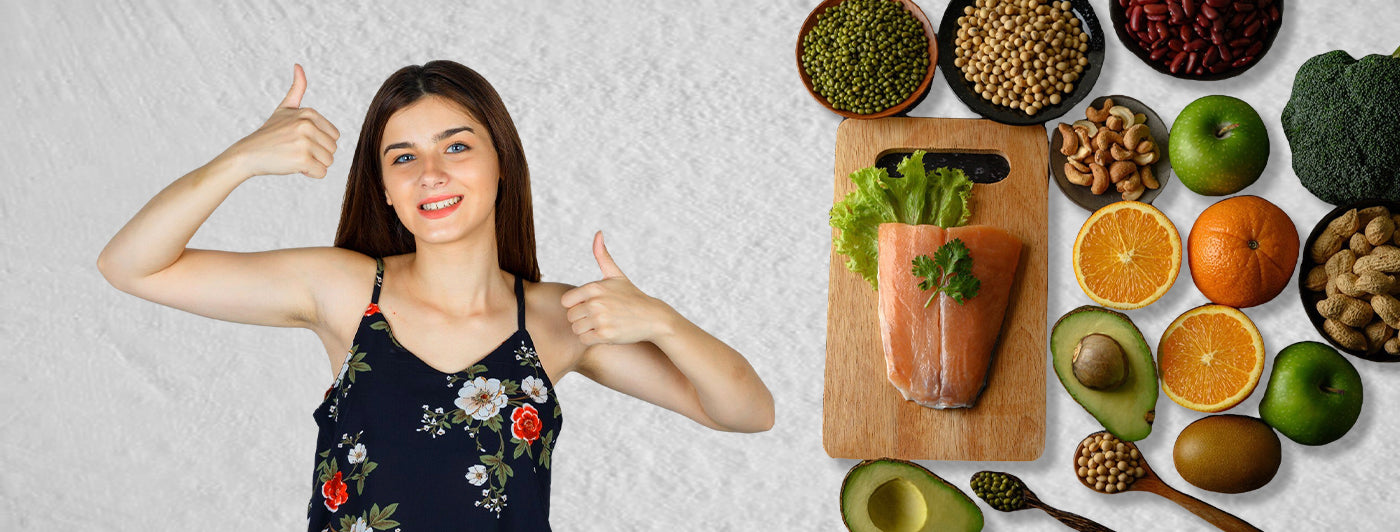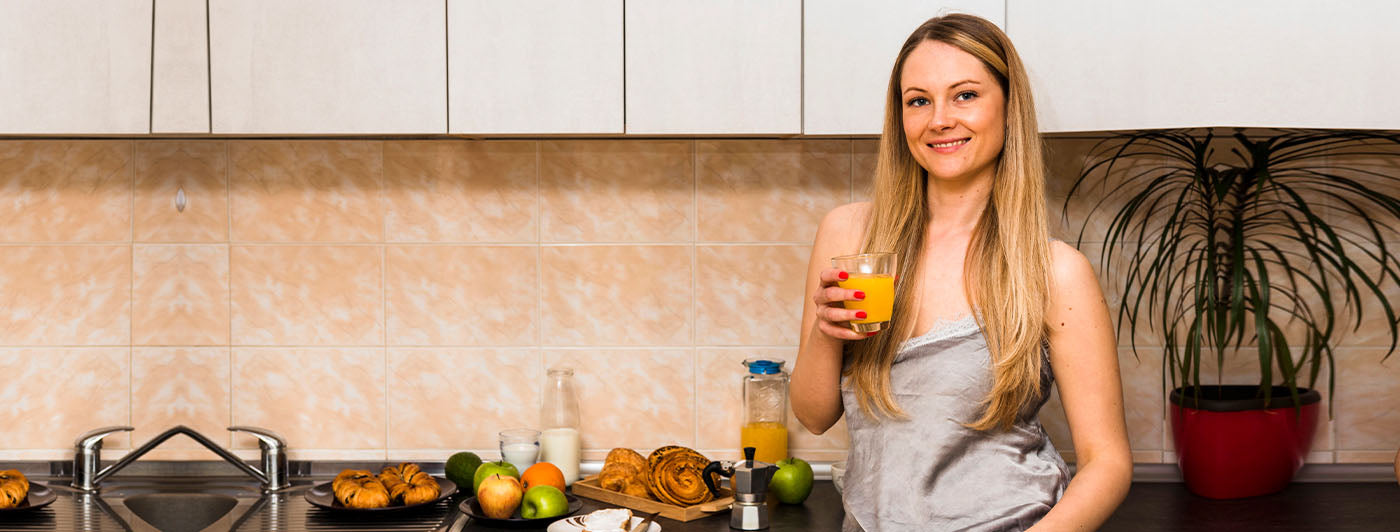Understanding How Much Biotin Per Day Is Essential for Your Wellness
Biotin, also known as Vitamin B7 or H, is a water-soluble vitamin essential for various bodily functions, particularly related to skin, nails, and hair health. It plays a key role in converting food into energy and supports the health of the skin, nerves, digestive system, and metabolism. But how much biotin per day should you take to see noticeable improvements in stronger nails and healthier skin?
This article dives into the recommended dosage of biotin, its uses, dietary sources, and how it contributes to overall well-being.
How Much Biotin Per Day Is Recommended?
The recommended dietary allowance (RDA) for biotin varies depending on age, gender, and life stage. While there is no official RDA for biotin, the National Institutes of Health (NIH) provides adequate intake (AI) levels based on population studies.

- Infants (0-12 months): 5–6 mcg per day
- Children (1-8 years): 8–12 mcg per day
- Adolescents (9-18 years): 20–25 mcg per day
- Adults (19+ years): 30 mcg per day
- Pregnant women: 30 mcg per day
- Lactating women: 35 mcg per day
For those looking to strengthen nails and improve skin health, higher doses may sometimes be recommended.Many clinical studies have shown that doses ranging from 2,500 mcg to 10,000 mcg per day of biotin may enhance nail strength and reduce brittleness. So, how much biotin per day do you actually need? For most individuals, sticking to the general recommendations is sufficient unless a specific deficiency is diagnosed.
Can Too Much Biotin Be Harmful?
Biotin is a water-soluble vitamin, meaning that excess amounts are excreted in urine rather than stored in the body. This makes toxicity highly unlikely. However, taking megadoses (beyond 10,000 mcg daily) may interfere with laboratory test results, such as thyroid function and certain hormone levels, potentially leading to misdiagnoses. If you’re wondering how much biotin per day is too much, it’s best to stay within the range recommended by your healthcare provider to avoid such issues.
Uses of Biotin
Biotin is widely recognized for its role in supporting hair, skin, and nail health, but its benefits go beyond aesthetics:
1. Promotes Healthy Metabolism
Biotin acts as a coenzyme in the metabolism of fats, carbohydrates, and proteins, helping convert nutrients into usable energy. This process requires adequate amounts of biotin, so understanding how much biotin per day you need is crucial.
2. Supports Neurological Functions
Adequate levels of biotin may help maintain a healthy nervous system by aiding neurotransmitter activity.
3. Improves Skin Conditions
Deficiencies in biotin can lead to skin rashes and dryness. Supplementing with biotin can restore moisture and improve elasticity.
4. Strengthens Nails
Studies have shown that biotin supplementation can increase nail thickness and reduce splitting in individuals with brittle nails. If you’re targeting nail health, how much biotin per day you take can make a significant difference in results.
Biotin-Rich Foods
Biotin is naturally present in a variety of foods, making it accessible to individuals who maintain a balanced diet. Some of the richest sources include:
- Egg yolks
- Nuts and seeds (e.g., almonds, sunflower seeds)
- Legumes (e.g., peanuts, lentils)
- Whole grains
- Leafy greens (e.g., spinach, broccoli)
- Mushrooms
- Bananas
Including these biotin rich foods in your meals can help you meet your daily biotin needs. However, if you’re unsure how much biotin per day your diet is providing, consult a nutritionist to evaluate your intake.
Signs of Biotin Deficiency
Biotin deficiency is uncommon, but certain groups are at higher risk, such as pregnant women, people with biotinidase deficiency, or those on long-term anticonvulsant therapy. Symptoms of deficiency may include:
- Brittle nails and hair loss
- Dry, scaly skin
- Fatigue and lethargy
- Neurological issues like tingling in the hands and feet
If you experience these symptoms, it’s vital to determine how much biotin per day you’re currently consuming and whether it meets your body’s requirements. For those following specific diets, such as veganism, addressing biotin deficiency may require dietary adjustments or incorporating a Plant Based Biotin Supplement to ensure sufficient intake.











